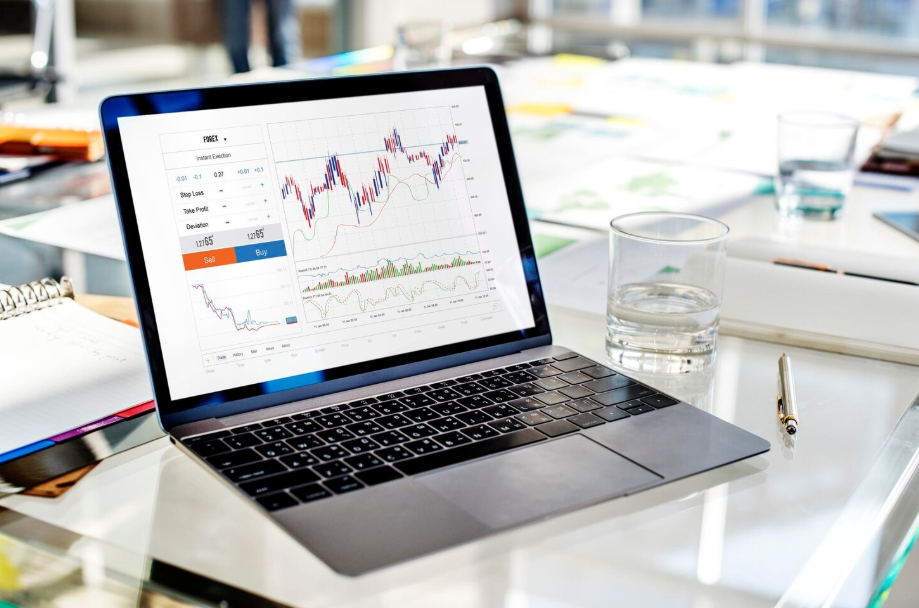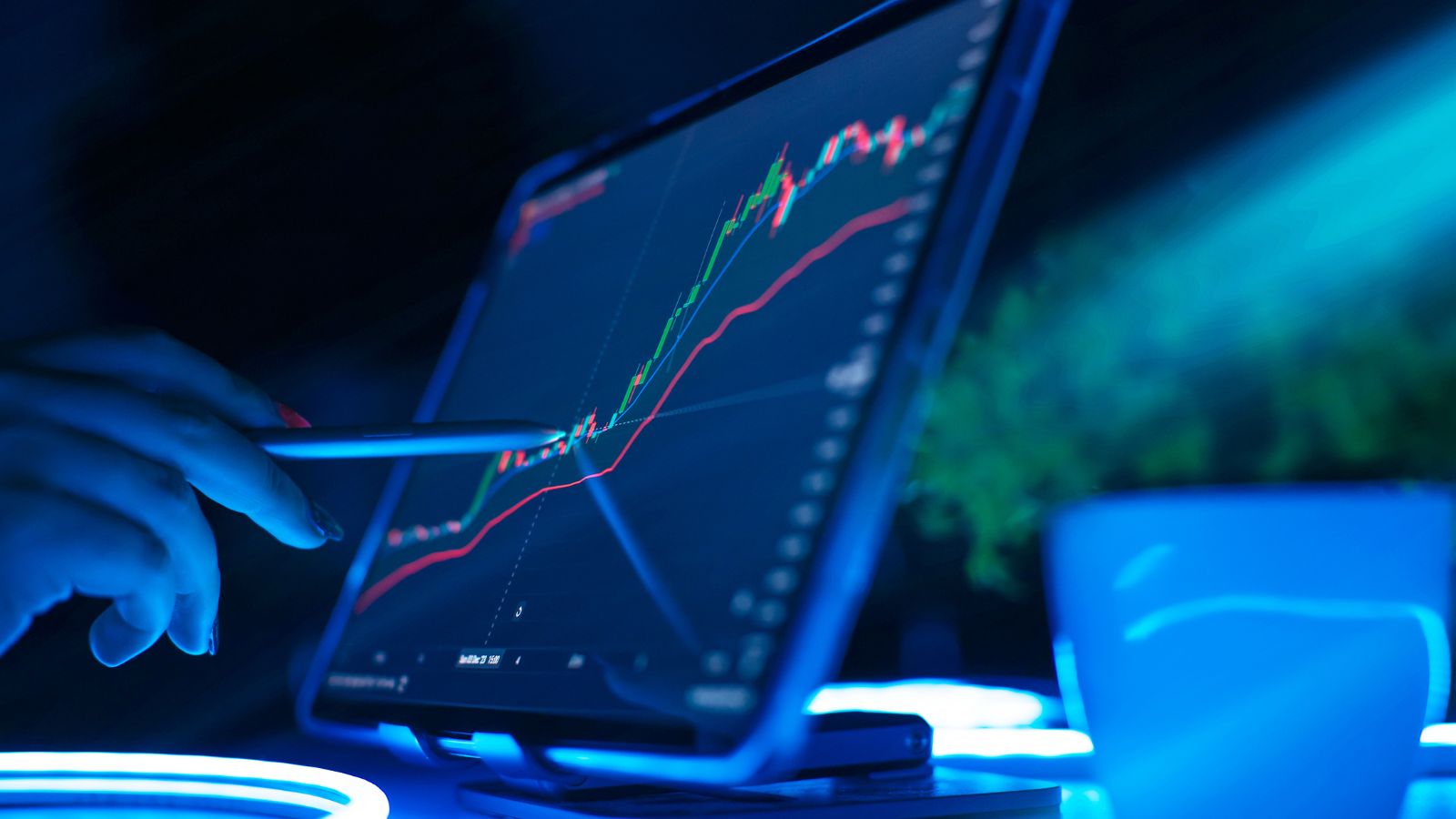In Nigeria, forex trading is fast expanding. The foreign exchange market has seen the participation of students and even full time professionals who join the market to raise additional income.
The usual question is, can one trade the forex in Nigeria? Yes, but… there are some things to understand.
Have a look at this forex trading in Nigeria guide. It describes the period of peak activity and the local time zones and their influence on the trading volume.
What Does “Legal” Actually Mean in This Context?
Before we dive into what’s allowed or not, let’s break down what “legal” really means here.
Forex Trading Isn’t Banned in Nigeria
First things first – forex trading is not banned. You won’t be arrested for trading currency pairs on your phone or laptop. Nigerian traders are free to register with foreign brokers and open accounts in dollars or other currencies.
The Government Doesn’t License Individual Traders
Although trading is allowed, there is no government-issued license for individual forex traders. That means you don’t need a certificate or a permit to start trading, unlike some professional services that require registration with a government body.
What Does the Central Bank of Nigeria (CBN) Say?
The CBN is the main authority on currency and monetary policy in Nigeria. Their position is important for understanding the limits of forex trading.
CBN Cares About Foreign Exchange Control
The CBN manages the official exchange rate and wants to control the flow of foreign currency in and out of the country. This doesn’t directly affect private traders using their own money – but if you’re running a forex-related business, you’ll face tighter regulations.
Registered Forex Operators Must Be Licensed
The CBN does license Bureau de Change (BDC) operators and some firms that offer forex services locally. These licenses don’t apply to online trading platforms but are important for any business offering currency exchange to the public.
Can You Use Foreign Brokers Legally?
A common concern is whether using foreign forex brokers is allowed.
Foreign Brokers Aren’t Regulated by Nigerian Authorities
The majorities of traders in Nigeria are conducting business with foreign online broker. Such companies are in most cases registered in countries as Cyprus, UK, or Belize. Although they are outside the control of Nigerian authorities, it is not wrong to use their platforms.
The drawback is that in case something goes wrong- perhaps, you are not able to withdraw your money you are unable to bring your complaint before CBN or SEC. Instead you will need to go through the individual support mechanism or the home-regulator of the broker.
Choose Trusted Brokers With a History
To stay safe, always use brokers that are licensed by reputable international bodies such as the FCA (UK), ASIC (Australia), or CySEC (Cyprus). Look at reviews, user ratings, and payment methods that work in Nigeria (like bank cards or fintech apps).
Is Forex Regulated by the SEC?
The Securities and Exchange Commission (SEC) is Nigeria’s capital market regulator, mainly overseeing stocks, bonds, and investment funds.
At the moment, the SEC doesn’t regulate online forex trading for individuals. This creates a legal grey area. Traders can operate freely, but they must also protect themselves by doing proper research and avoiding scams.
Is Forex Trading in Nigeria a Safe Activity?
The keyword here is “safe,” not just legal. Being legal doesn’t always mean risk-free.
Trading Is Allowed – But Risky
Forex trading is a legal activity, but it’s not a guaranteed way to make money. The market is fast-moving, and many beginners lose funds due to lack of knowledge, poor risk management, or falling for fake schemes.
Avoid Ponzi Schemes and Fake Trading Apps
Many scammers in Nigeria pretend to offer forex “investment” programs, promising unrealistic profits. If someone guarantees returns, it’s likely a scam. Stick with regulated brokers, manage your own trades, and never hand over money to “account managers” you don’t know personally.
Tips for Nigerians Who Want to Start Forex Trading
Before you begin, it’s good to know a few basic rules to trade smart and stay within the legal lines.
Tip 1: Trade With Reputable Brokers
Pay special attention when selecting a broker: choose an entity that has to accept the national payment methods and one in which customer support can actually assist you. As a tip, one can withdraw smaller amount first then make a big deposit.
Tip 2: Learn With a Demo Account
Many trading sites give you the option of a free trial account; trading without any of your money being at risk. This is an excellent approach to figure out how to act in the market to determine how well your techniques play.
Tip 3: Trade at the Right Time
It is all about the timing. The trading of some currency pairs is much more vibrant at these specific hours of the day.
Conclusion
Forex trading has been legal in Nigeria, and it is associated with risks hence. There is no license to trade independently and trading with foreign brokers is permitted although they are not restricted locally.
The thing is to be informed: pick the sources that have a particular reputation, avoid unrealistic profitability schemes, and know the market before you invest real money. Trade safely and legally: as long as you are responsible and search out information, you should find that the world of forex is one you can trade in, without breaking the law.


